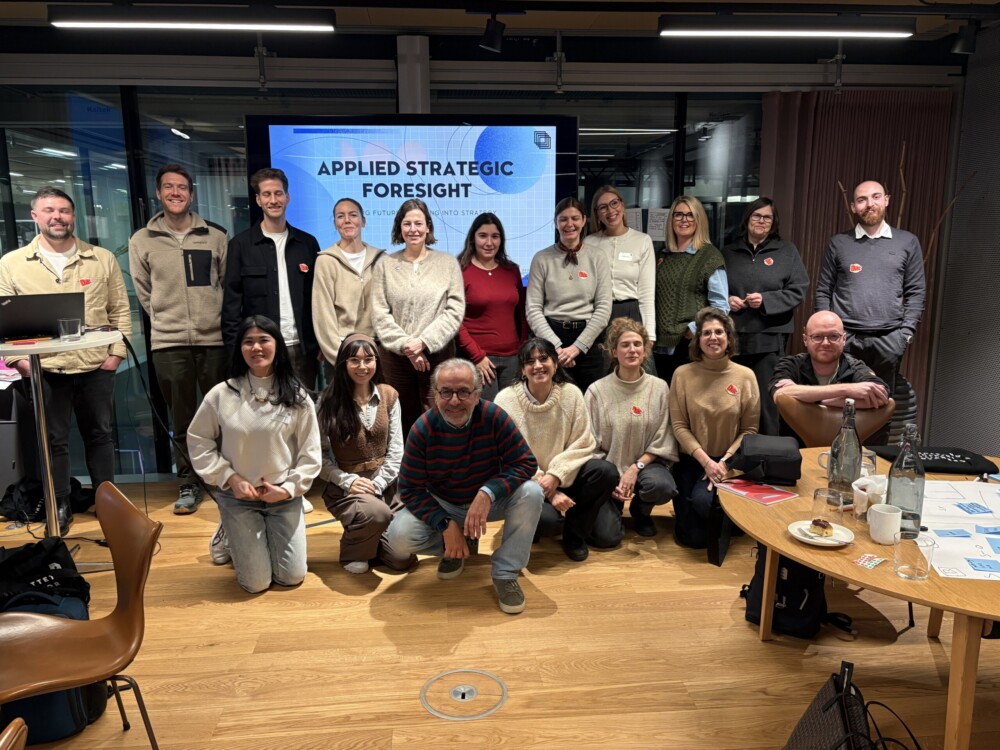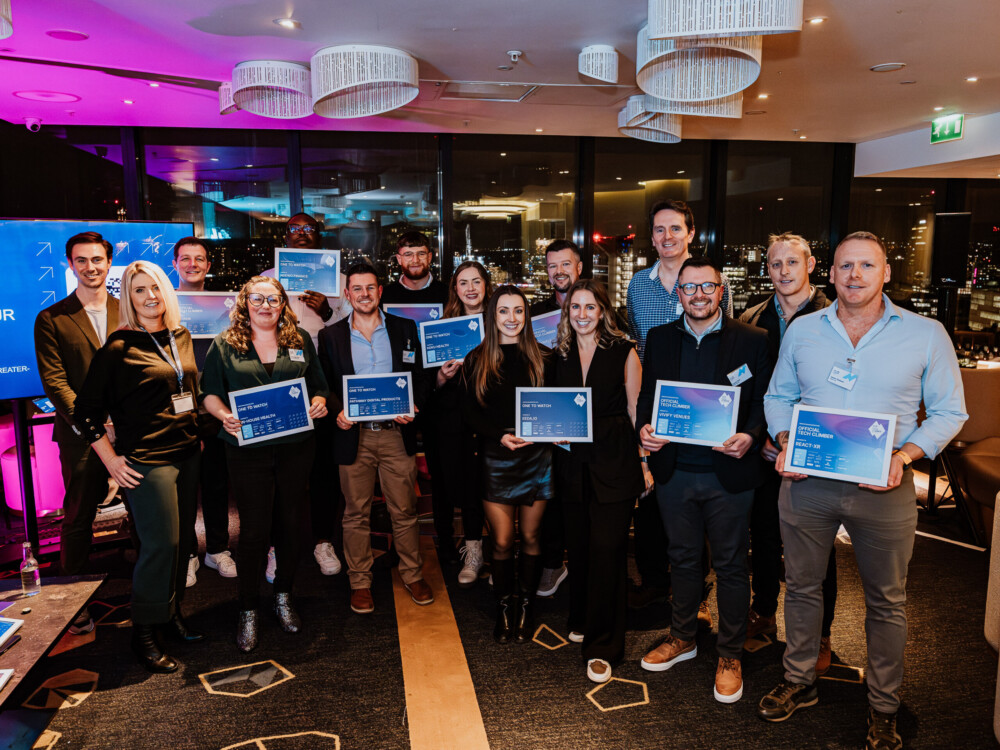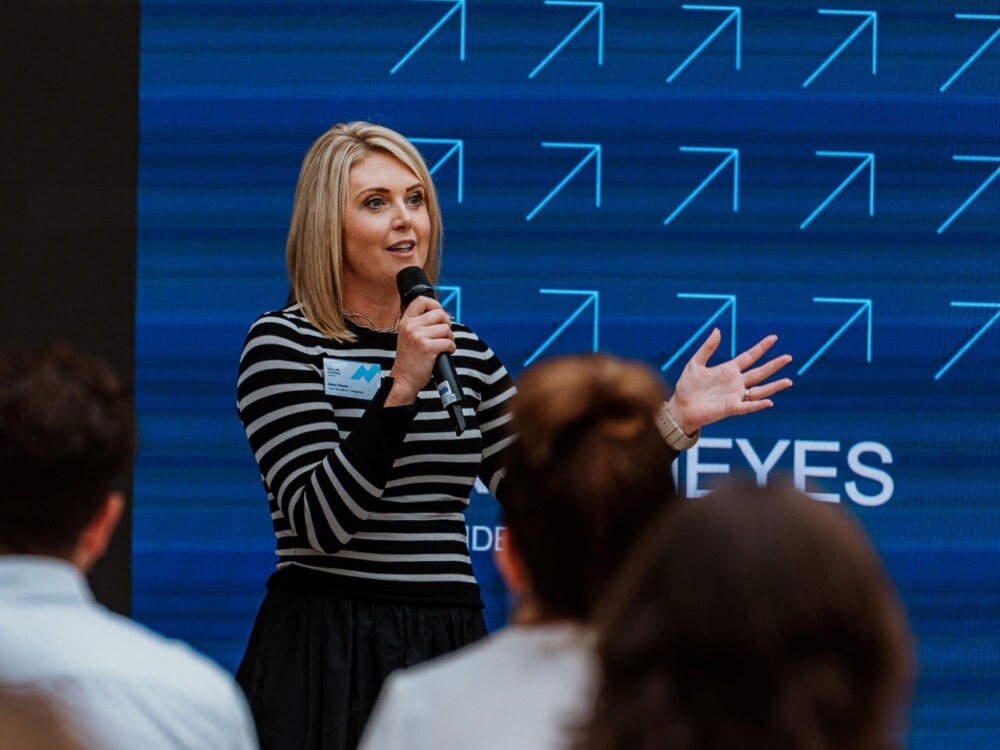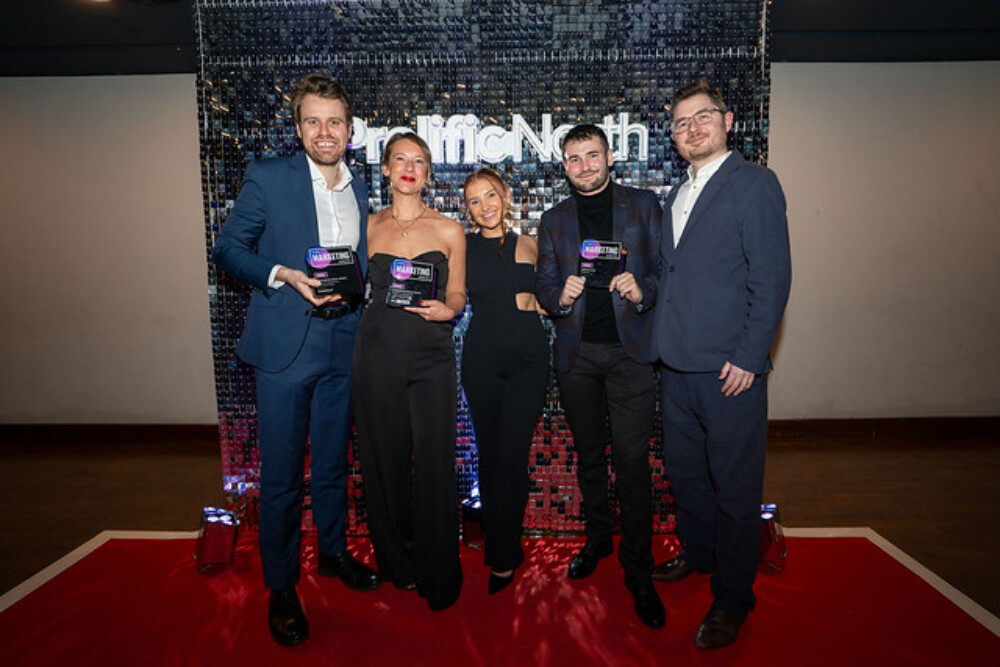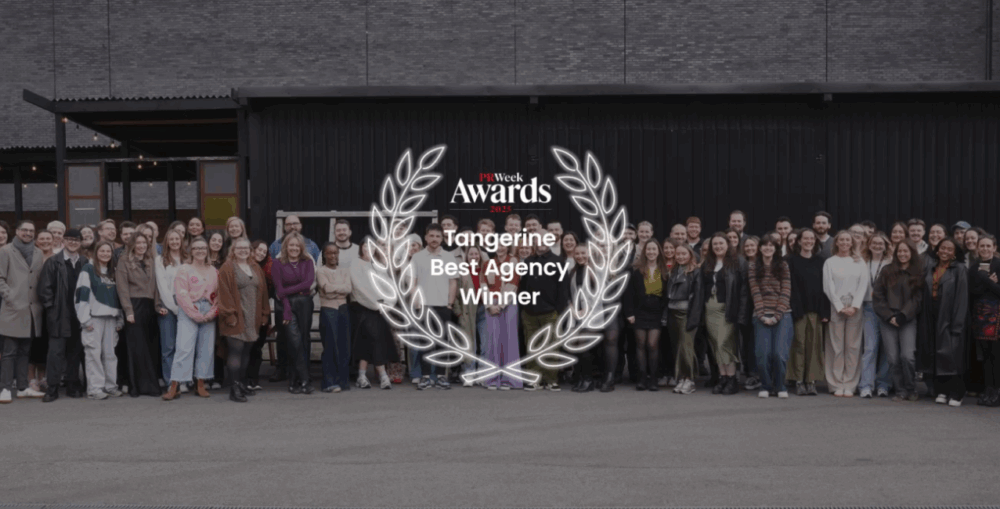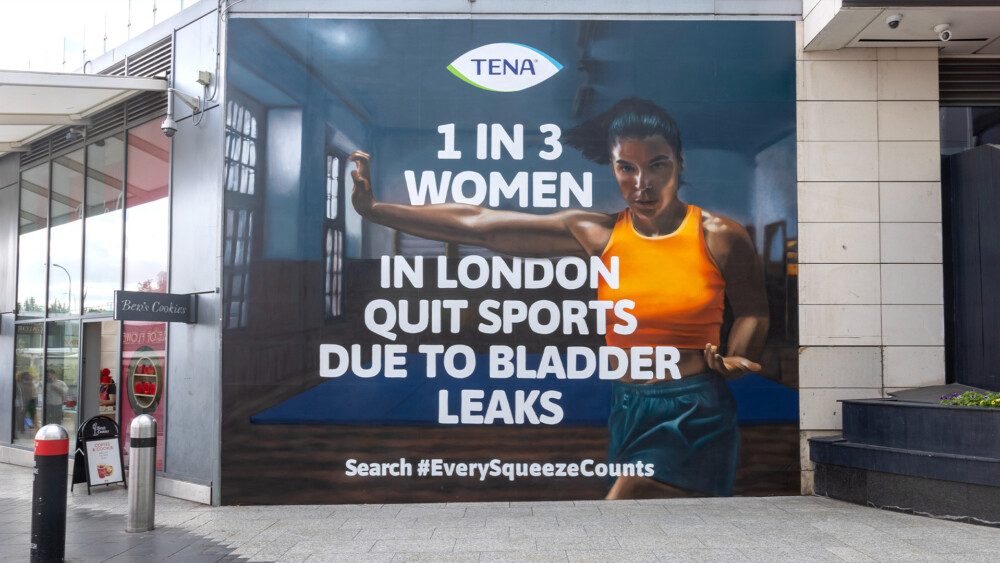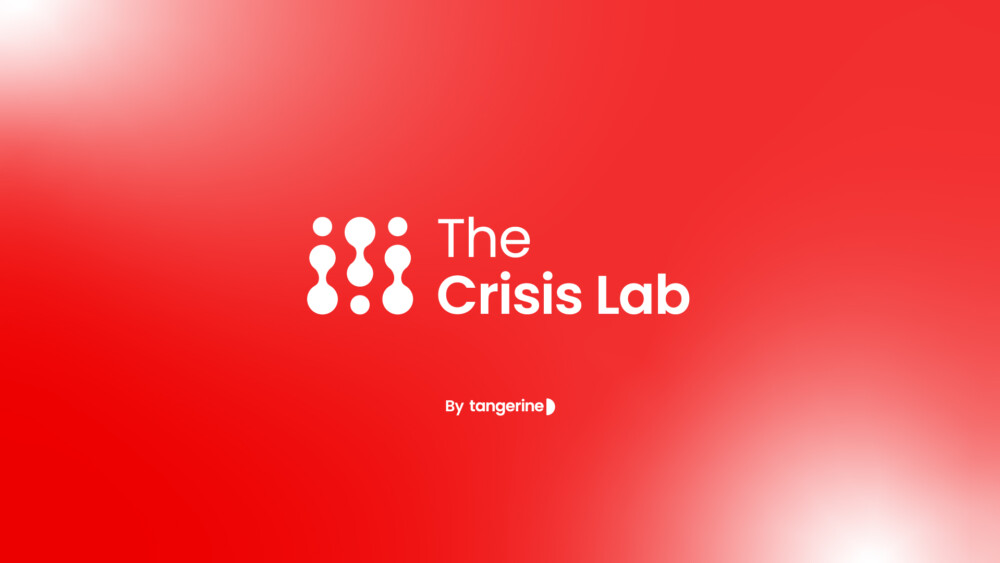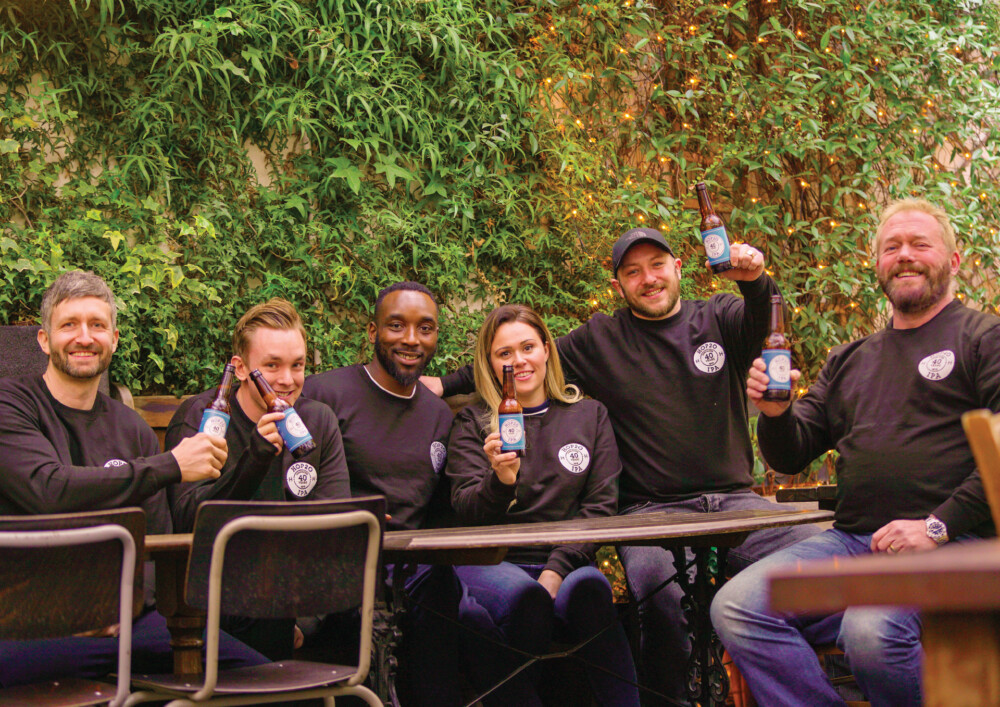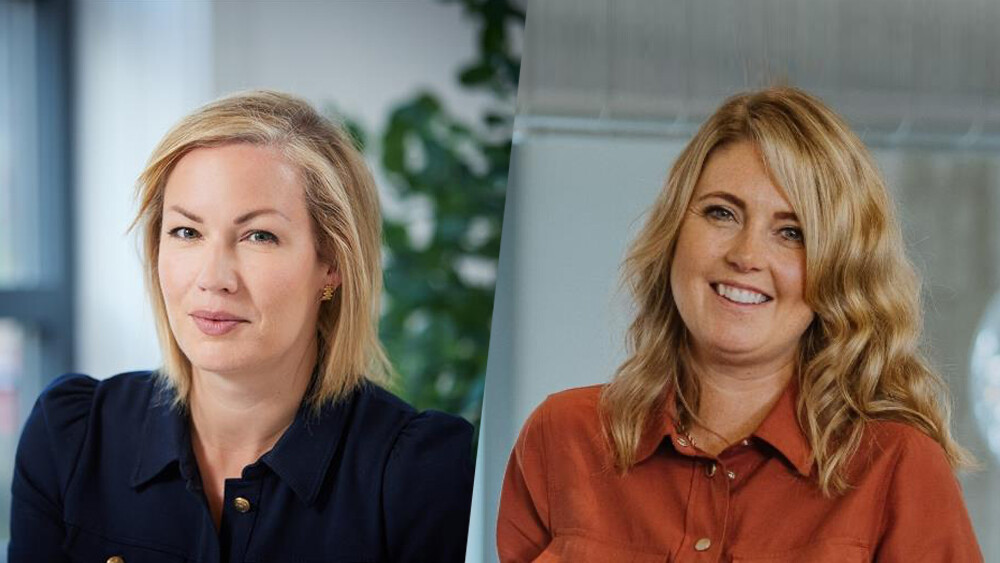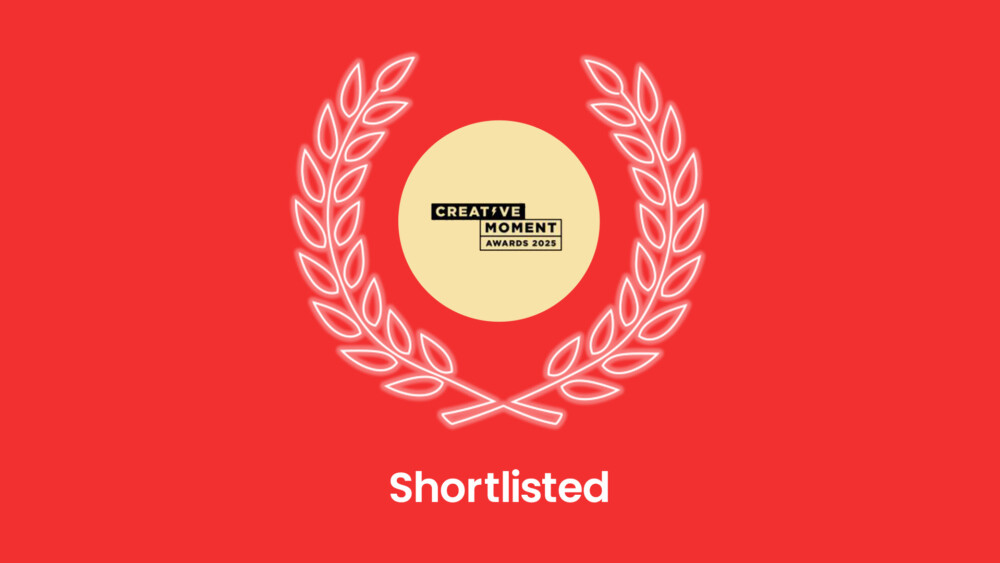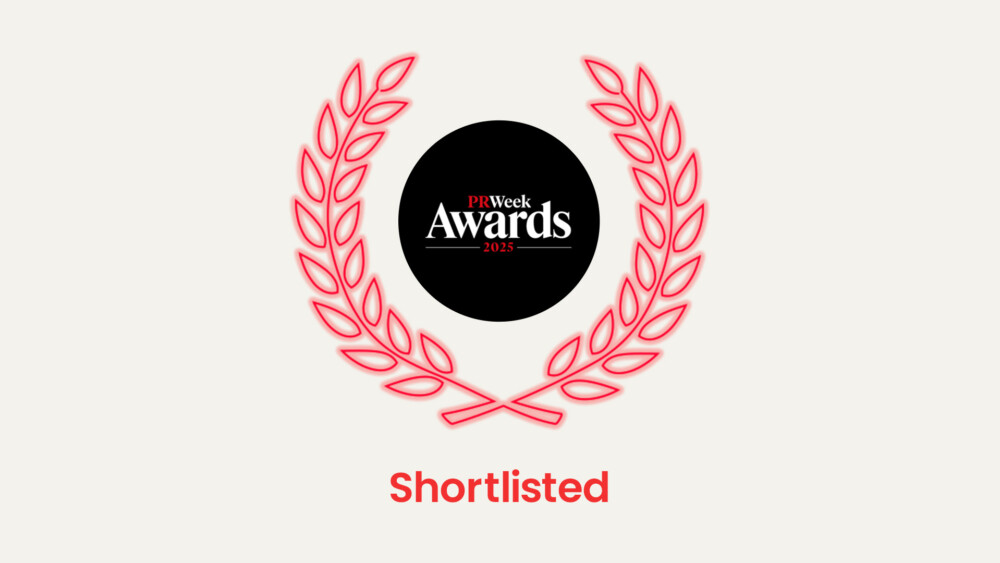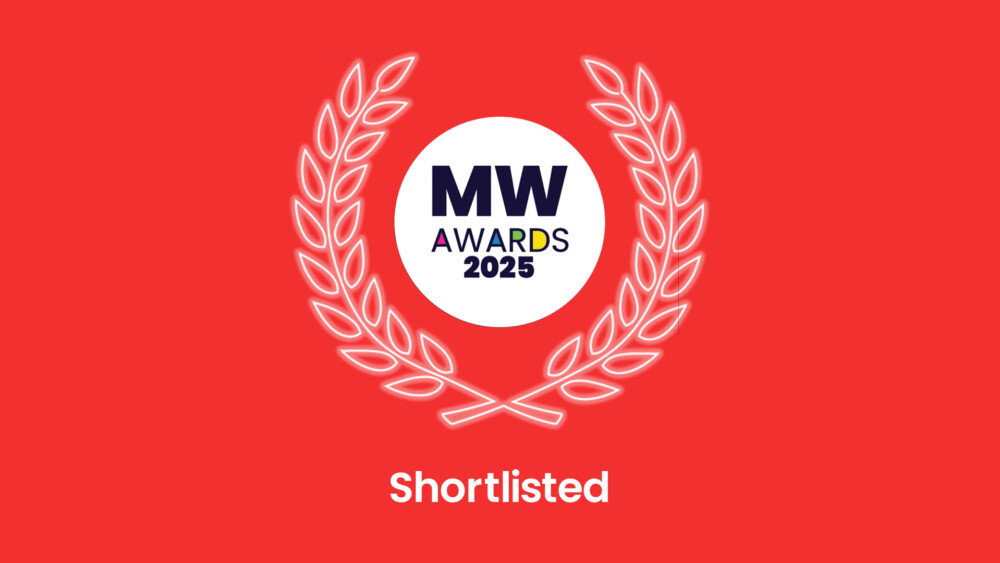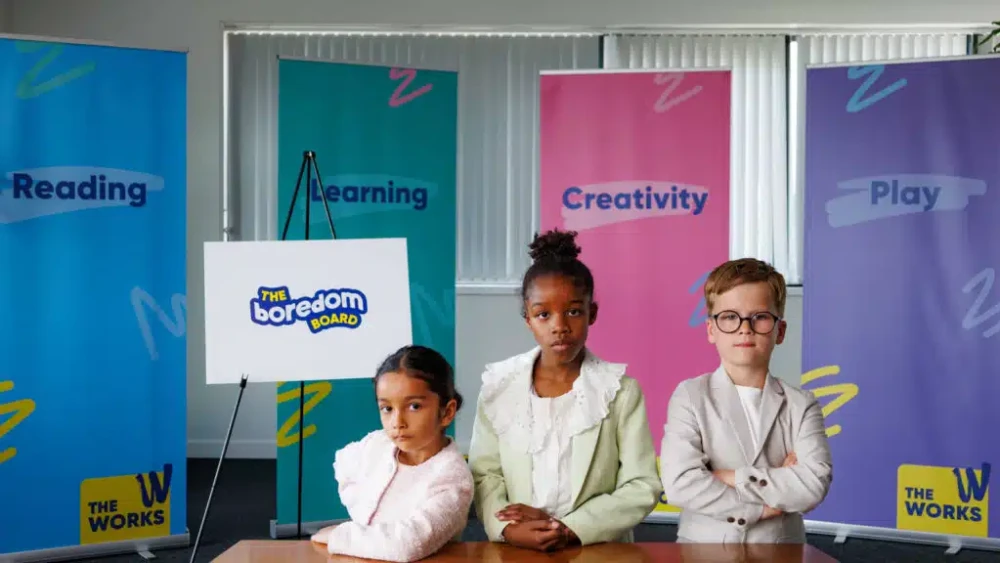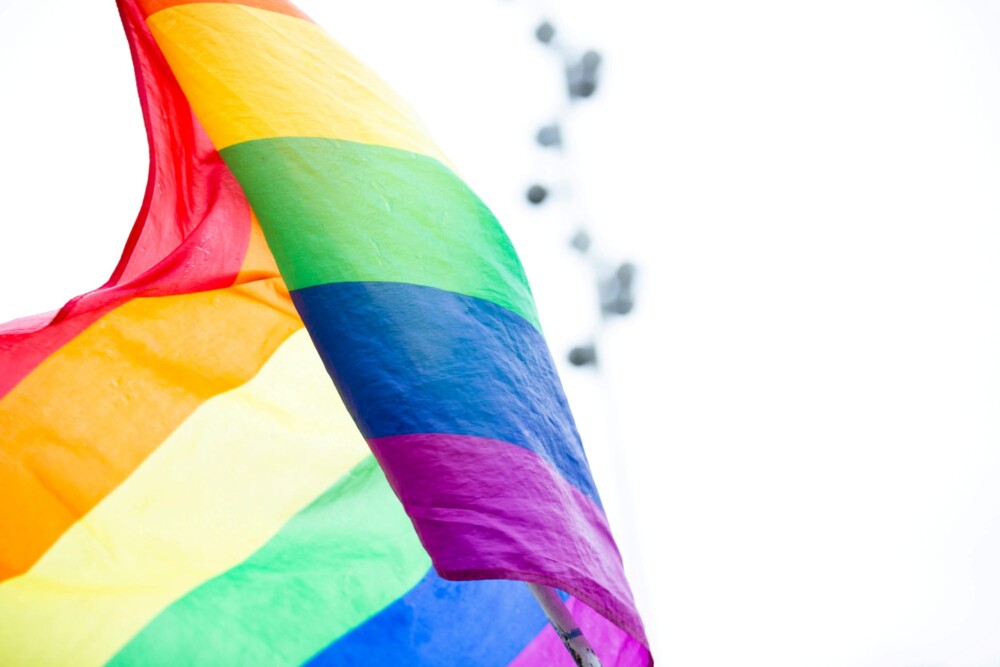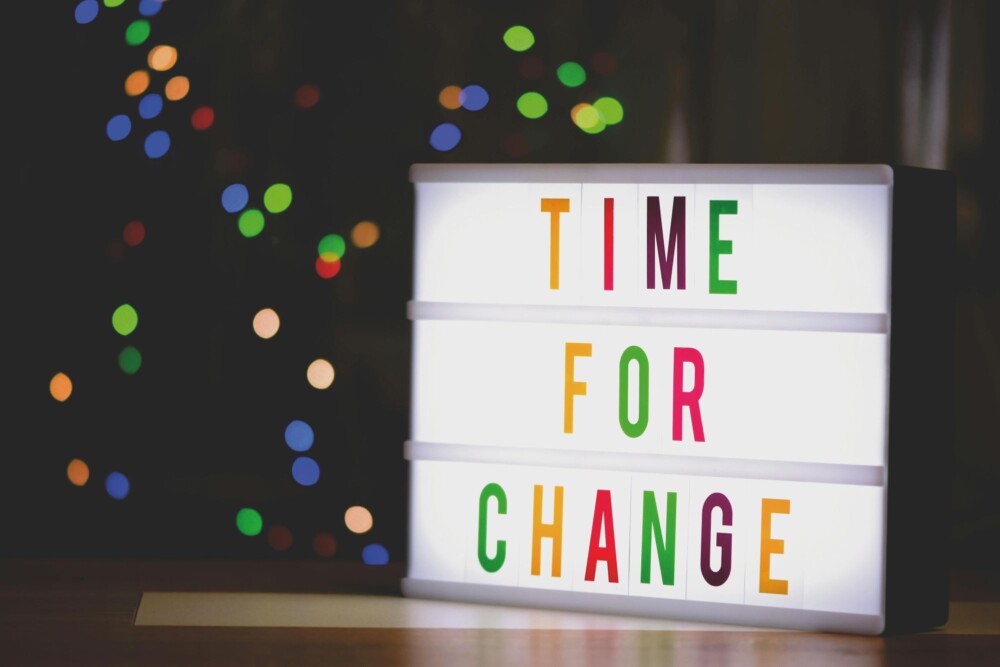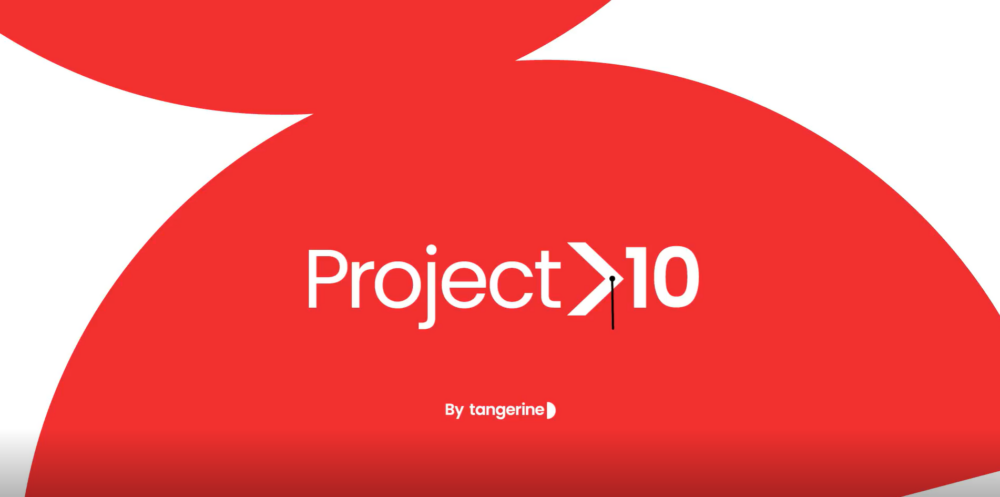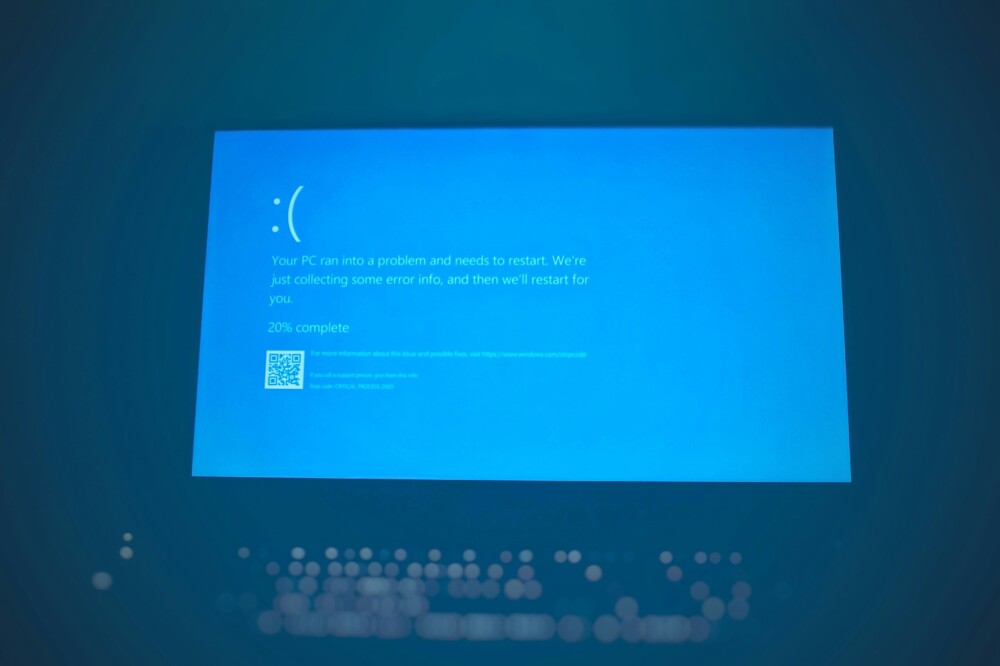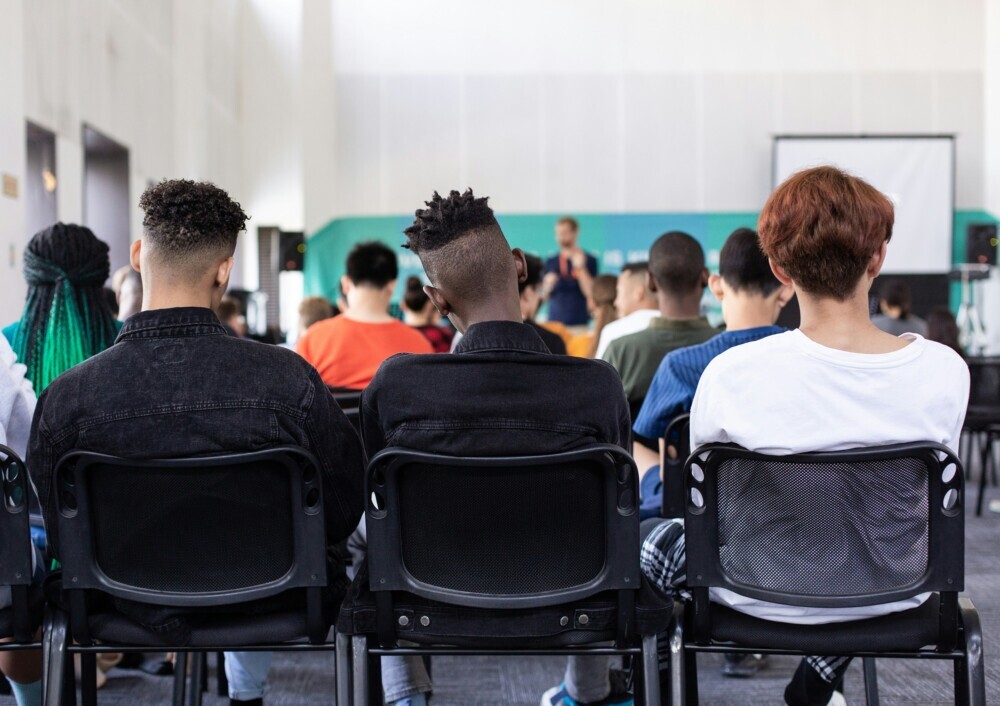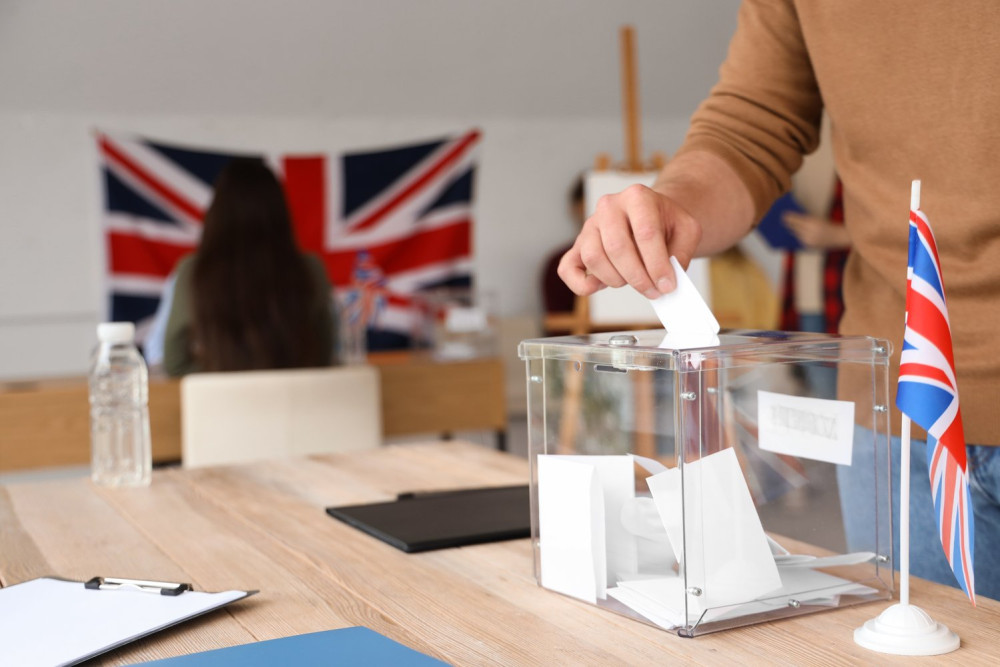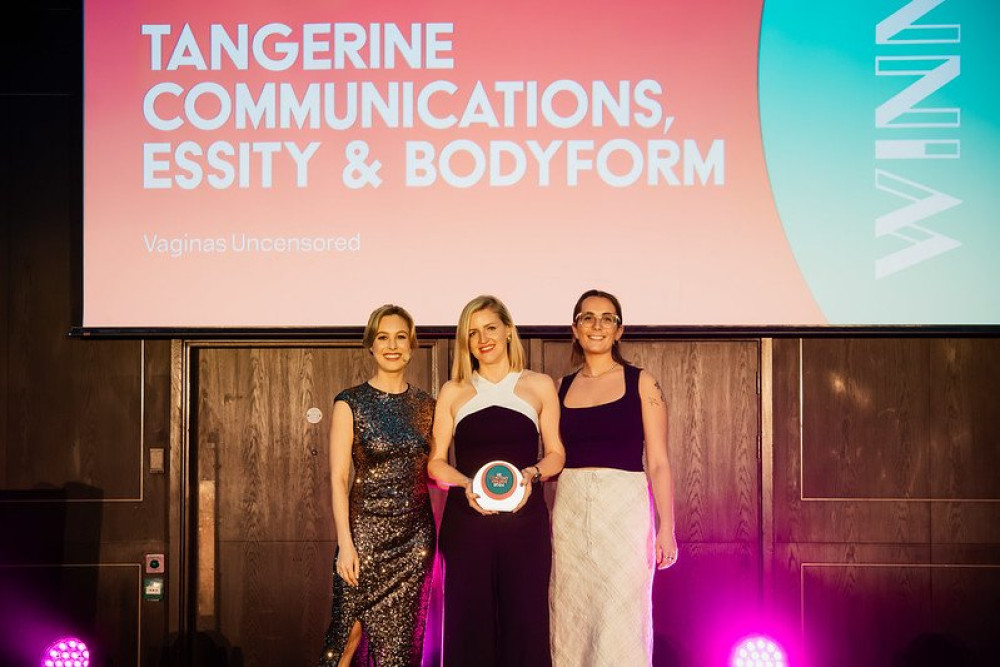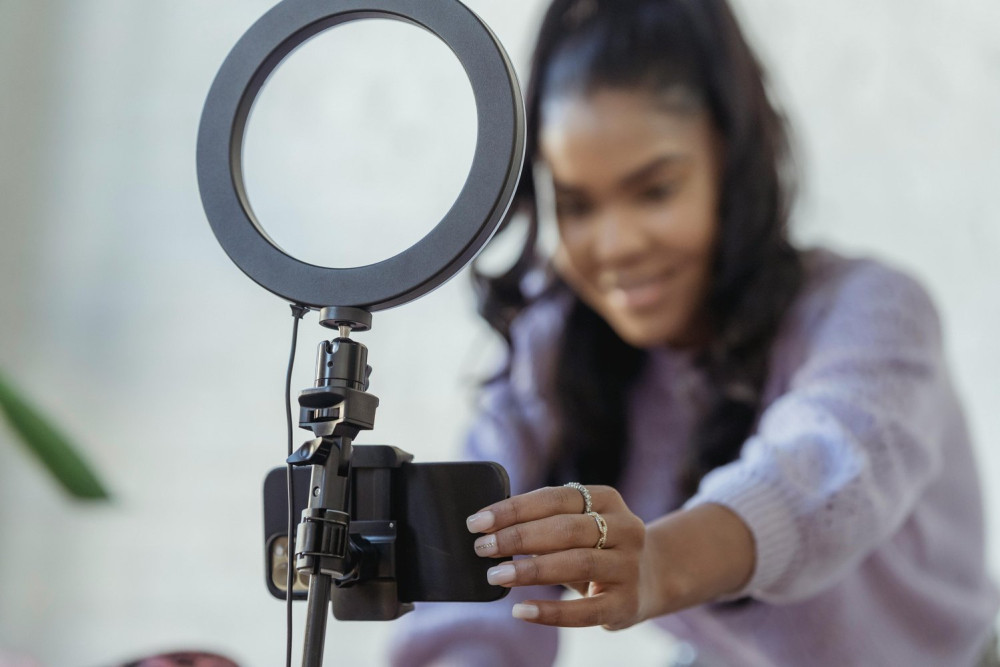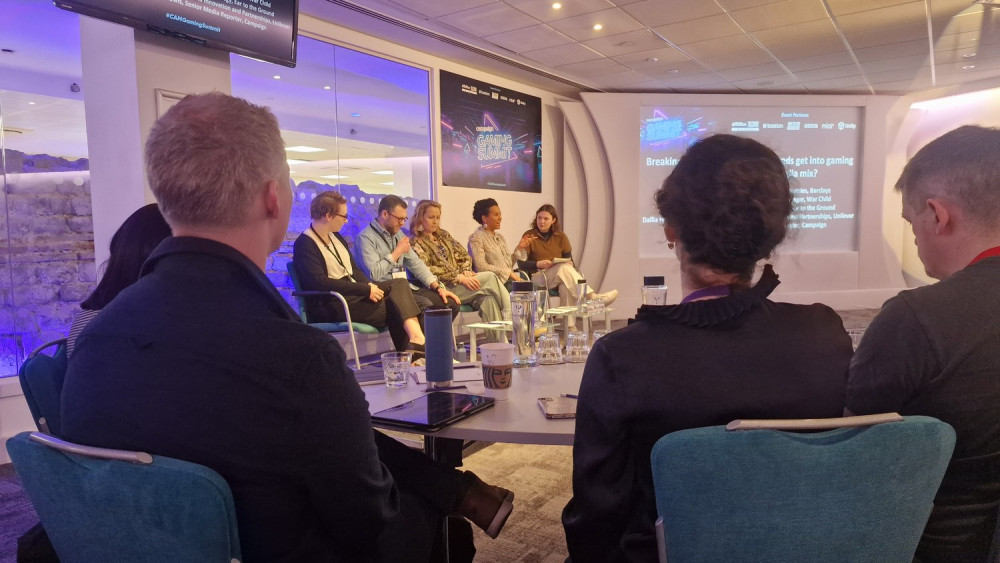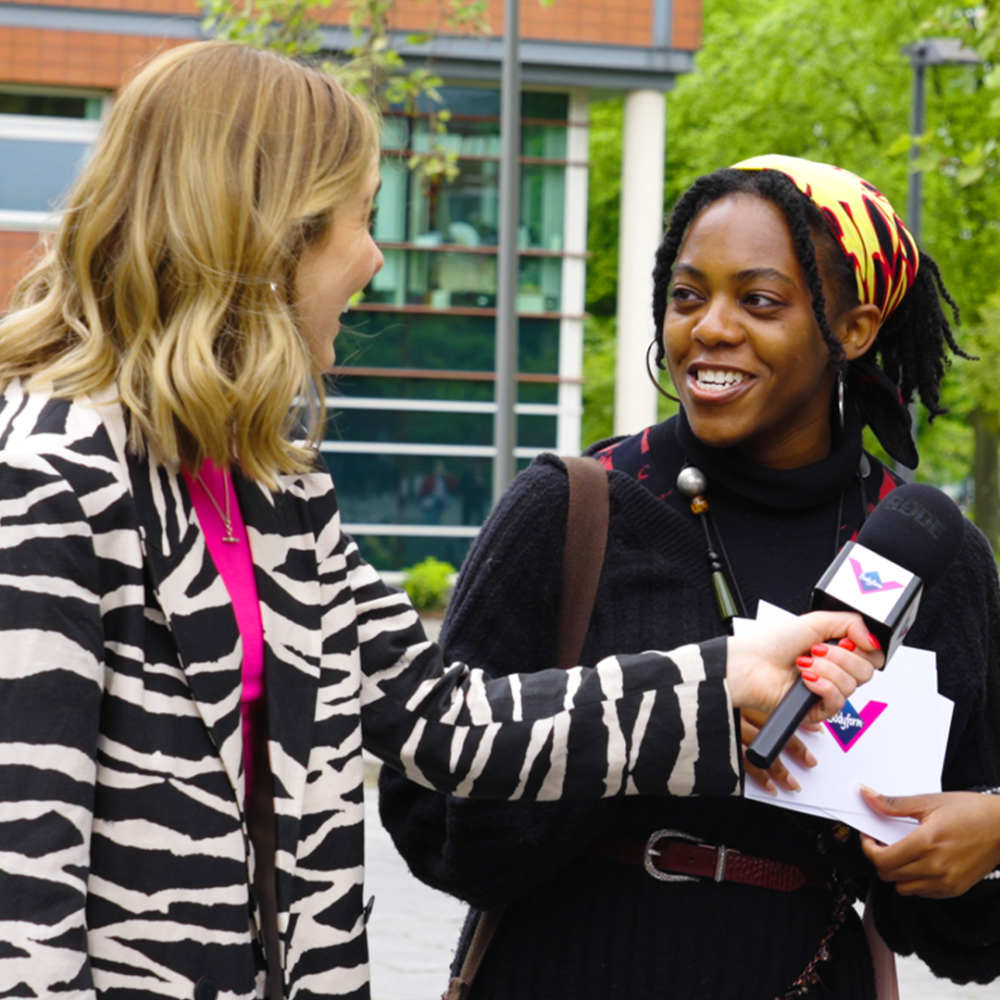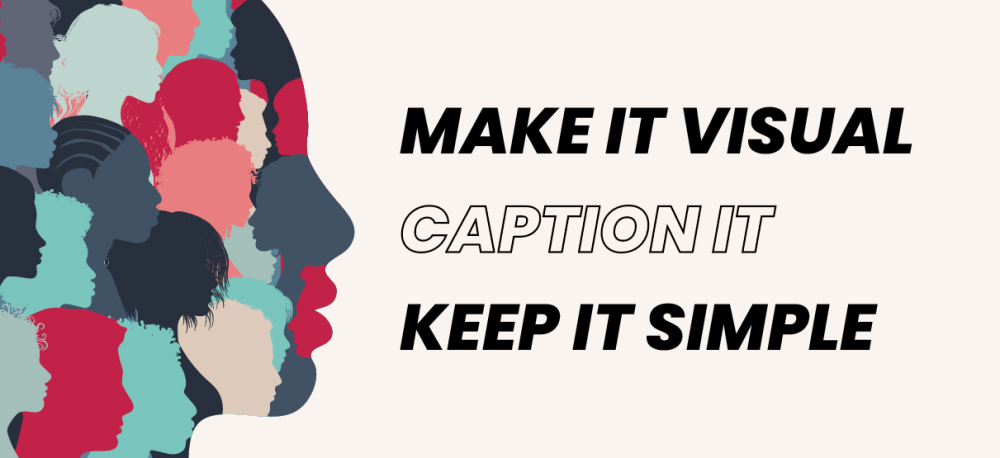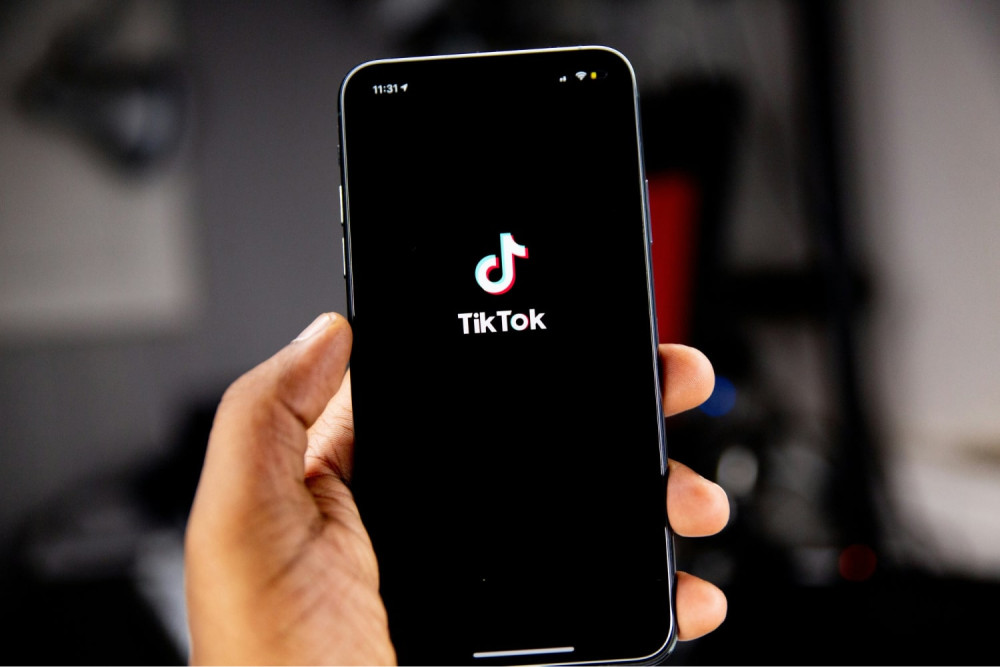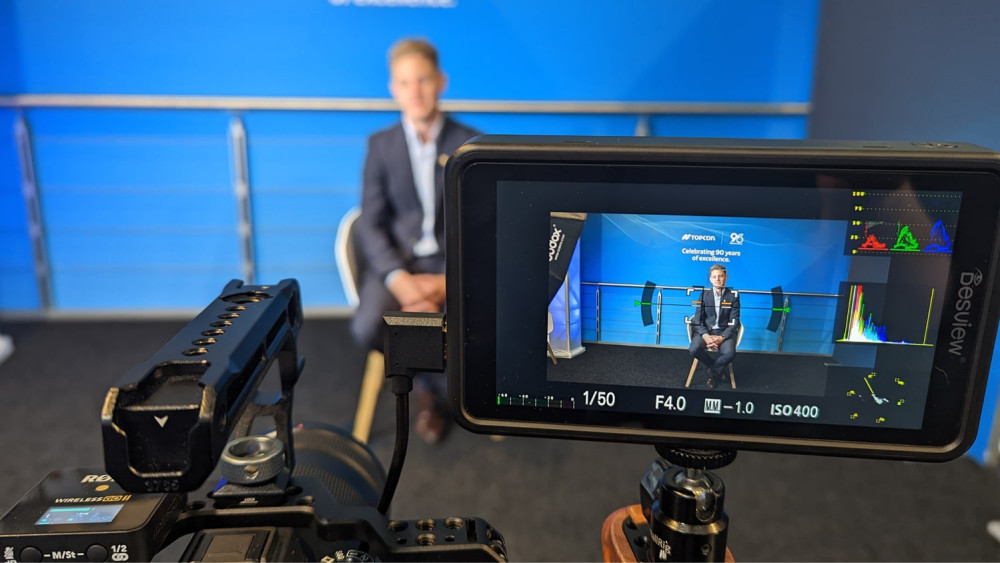DEI is dead, long live DEI? How communications can keep doing the right thing
At Tangerine we were recently joined by Dr Christopher Owen, founder of coliberate, to deliver an interactive session on allyship. It prompted fantastic discussion and real changes for us to explore as an agency but also prompted questions about the current pressure on brands to reconsider some of their DEI commitments, or indeed how they’re being positioned against a backdrop of global scrutiny.
‘Doing the right thing’ has long been a commitment for many businesses, with marketing and comms teams articulating and demonstrating the action behind this promise. But what that looks like in practice has changed; the business community has made progress in its understanding of the experience of the global majority in the workplace, spurred on by a broader movement towards improving the experience of marginalised communities. In this context, many businesses and marketers understood that ‘doing the right thing’ now meant improving diversity, equity and inclusion (DEI) within the workplaces, as well as an external focus.
However, DEI’s transition from right thing to political football has led to businesses both loudly and quietly stepping away from their commitments. Some of these decisions have been accelerated as the Trump administration is actively removing what it calls ‘harmful’ DEI initiatives from its programmes and external comms. The current scrutiny and politicisation of DEI, particularly in the United States, begs an important and tricky question:
How do comms professionals keep doing the right thing when met with clients who believe DEI is bad for business?
The answer needs to start at home – being aligned as partners is key to success, and a business’s position on DEI or its equivalent should be part of that conversation. This conversation is as much about the people in both businesses as it is the outward picture – will people feel able to be their true selves with this partner and put their true selves into this work?
The language we use in these conversations is important; if DEI is too hot for a brand to touch, we can interrogate their values and focus on the action they’re taking to improve the communities they’re a part of. One of the most insightful things we heard in Christopher’s session is that we can evolve the language we use as advocates for inclusivity best practice. We can talk about and champion freedom – freedom for people working in the business to be who they really are. We all love freedom, right?
Agencies as businesses themselves, have an opportunity to lead by example, not just with their outward rhetoric, but in internal processes that undoubtedly rub off on clients. Tangerine has implemented a Fair Play committee to ensure all of our and our clients’ content is as accessible as it can be, following an independent review of our existing work. Now, the committee is a working group that listens to everyone in the business and implements changes to ensure that all of our practices, both internal and external, are as inclusive as possible.
This do as I do approach extends to the work marketers can pitch to their clients – the industry needs to keep proposing positive campaigns, and keep knocking them out the park. This success sends a message more powerful than a nudge in a meeting, one that says “this is how we do it, and it works.”
DEI isn’t dead, but there’s no ignoring that ‘doing the right thing’ can mean something different now, and that we will have the biggest impact if we can evolve and grow as advocates.
Attention Please!
-
2026-02-13
 B2B
B2BWhy Futurism and Foresight Are Becoming Essential Tools for Brands
-
2026-02-11
 B2B
B2B2016 vs 2026: What’s changed in construction PR?
-
2025-12-12
 B2BEventsTangerine
B2BEventsTangerineTangerine celebrates Manchester’s leading tech innovators
-
2025-10-31
 B2BEventsTangerine
B2BEventsTangerineTangerine creates a platform for the next wave of tech innovators
-
2025-10-24
 AwardsTangerine
AwardsTangerineTangerine takes home FIVE more awards
-
2025-10-20
 B2BCorporate
B2BCorporateWhy the internet breaking needs to be in your crisis preparedness plan
-
2025-10-16
 AwardsTangerine
AwardsTangerineTangerine wins Best Agency Outside London at PRWeek Awards 2025
-
2025-10-10
 B2BCorporateEventsTangerine
B2BCorporateEventsTangerineForget the conference podium. Politics is now a performance.
-
2025-10-06
 ConsumerCreativeIntelTangerine
ConsumerCreativeIntelTangerineNew campaign from TENA Women takes action to keep 4.2 million women in sport
-
2025-09-18
 B2BCorporateTangerine
B2BCorporateTangerineCrisis Preparedness in 2025: Managing Client Reputation
-
2025-09-09
 B2BCorporateTangerine
B2BCorporateTangerineStrategy has always been the heartbeat of corporate PR
-
2025-09-04
 B2BCorporateTangerine
B2BCorporateTangerine5 Tips for Working with Construction Influencers
-
2025-08-05
 B2BCorporateTangerine
B2BCorporateTangerineTangerine grows B2B and Corporate offer with new tech and real estate team
-
2025-07-25
 Tangerine
TangerineInstagram is testing unlockable reels – what brands need to know
-
2025-07-24
 AwardsTangerine
AwardsTangerineBest Worst Team scores double at the Creative Moment Awards
-
2025-07-24
 AwardsTangerine
AwardsTangerineThree shortlist spots for Tangerine at the PRWeek Awards
-
2025-07-24
 AwardsTangerine
AwardsTangerineA hat-trick at the Marketing Week Awards
-
2025-07-09
 AwardsTangerine
AwardsTangerineTangerine Launches ‘The Boredom Board’ with New Client The Works
-
2025-07-07
 AwardsTangerine
AwardsTangerineWhy brand and talent alignment really matters
-
2025-07-07
 Tangerine
TangerineFrom Picture Frames to PR: Why Career Changers Are the Secret Weapon Agencies Didn’t Know They Needed!
-
2025-07-01
 Tangerine
TangerineTangerine’s £1.2M AI investment sets new standard for brand attention
-
2025-05-22
 Tangerine
TangerineDEI is dead, long live DEI? How communications can keep doing the right thing
-
2025-05-16
 B2BTangerine
B2BTangerineHow PR & Comms Can Support the Future of the Construction Industry
-
2025-05-06
 Tangerine
TangerineWhy cyber attacks need to be a core pillar of your crisis comms strategy
-
2025-05-06
 CorporateTangerine
CorporateTangerineIntroducing The Crisis Lab
-
2025-04-25
 ConsumerTangerine
ConsumerTangerineTangerine Communications partners with Horlicks for exciting 2025 campaign
-
2025-02-20
 AwardsTangerine
AwardsTangerineAwards, ambitions, and what’s next
-
2025-02-10
 Tangerine
TangerineNational Apprenticeship Week
-
2025-01-08
 Intel
IntelWhat the shift to community-driven content moderation on Meta means for brands in the US
-
2024-12-03
 Awards
AwardsChange is the only constant
-
2024-11-04
 B2B
B2BHow Labour are framing the Autumn Budget through strategic comms
-
2024-08-08
 B2B
B2BForget silly season. It’s time to capture attention.
-
2024-07-29
 Awards
AwardsTangerine Communications receives a double win at the UK Content Awards
-
2024-07-11
 Intel
IntelMAD//FEST debrief: learnings for PR and social
-
2024-06-26
 Intel
IntelKey takeaways from Cannes
-
2024-06-18
 Consumer
ConsumerWorking with influencers in 2024: act fast, be lucky, trust your gut
-
2024-05-01
 Intel
IntelWhy gaming is the next big opportunity for brands: key takeaways from Campaign’s Gaming Summit
-
2024-03-28
 Creative
CreativeThe future of branded video content? Let your brand take a backseat.
-
2024-03-21
 Intel
IntelThreads is finally adding a ‘Trending Now’ section for all U.S. users
-
2024-03-20
 Tangerine
TangerineThree simple ways to make content more accessible for neurodivergent audiences
-
2024-03-14
 Intel
IntelThe Attention Revolution: How to Break the Rules and Win in Social Media Marketing
-
2024-03-14
 Intel
IntelIs the US Banning TikTok and could the UK be Next?
-
2024-03-07
 Intel
IntelElon Musk says X (Twitter) will hide Likes an Repost Metrics from Timeline
-
2024-02-02
 Intel
IntelUniversal Music’s Standoff with TikTok: Implications for Marketers an Artists
-
2024-01-31
 Creative
CreativeFive Inclusive Marketing Tips You’ll Not Want to Miss in 2024
-
2024-01-15
 Intel
IntelThe Cookies Crumbles, but Delicious Opportunities Arise: Your Social Media Strategy in a Post-Cookie World.
-
2023-12-19
 B2B
B2BHow to Make it Count at B2B Events
-
2023-05-25
 Creative
CreativeFilming Content on Another Continent
-
2023-03-29
 Creative
Creative8 Unmissable Reactive Moments in 2023

